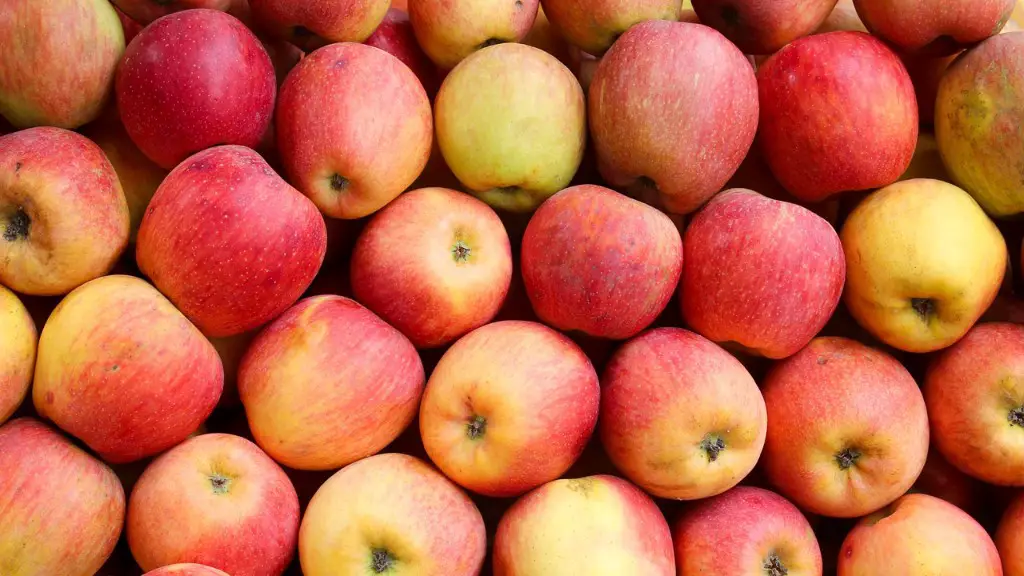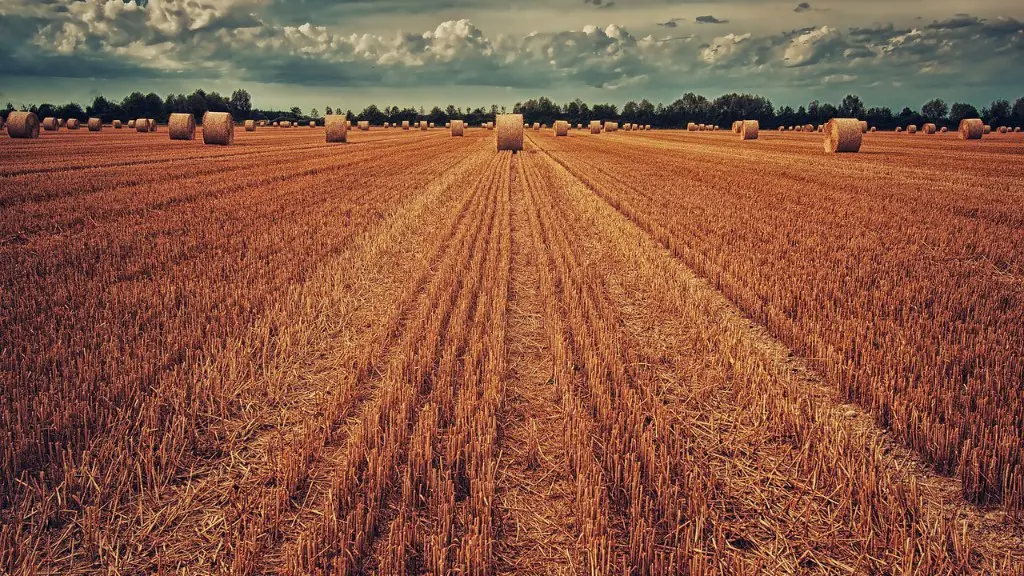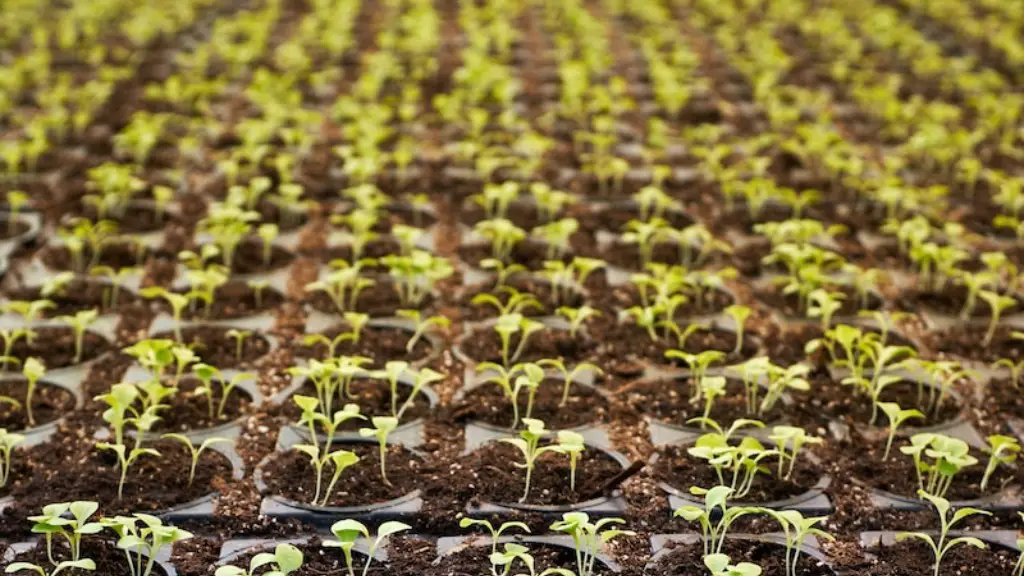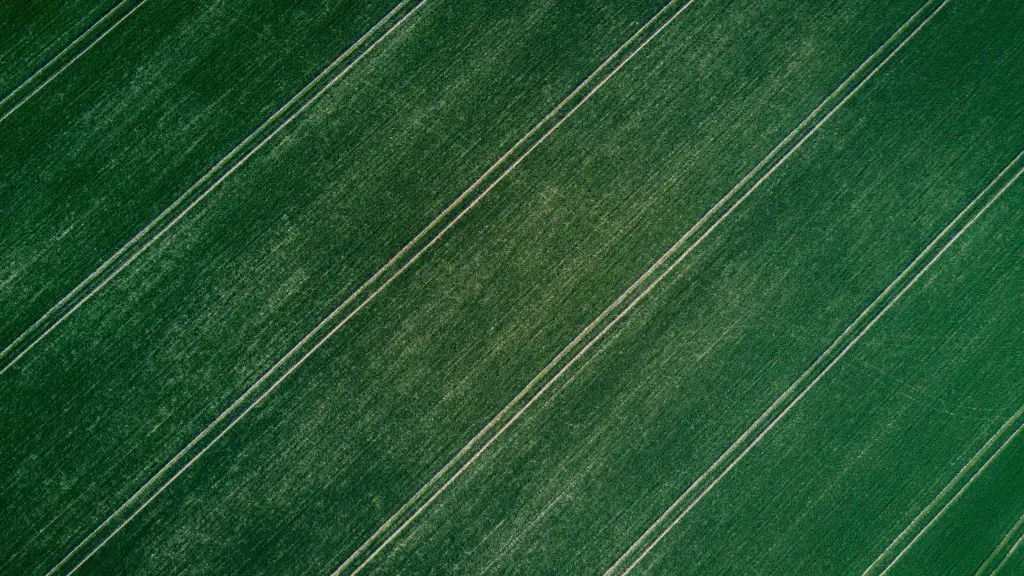The world of agriculture is changing. Will Harris is at the forefront of this new era, providing sustainable and innovative solutions to farmers, while meeting the needs of society. Harris has forged a relationship with the environment and has combined traditional farming methods with groundbreaking technology to foster agrarian sustainability. By focusing on water conservation, renewable energy, healthy soil, and providing access to markets, Harris is changing agriculture and providing a model for a modern and efficient food production system.
Harris owns and operates White Oak Pastures in Bluffton, Georgia. This property features 18,000 acres of pastures, grazing animals, and organic vegetable crops. Harris’s organic-grass-fed cattle system utilizes the land in a much more sustainable way. His livestock is able to graze on constantly growing grass, reducing water and feed waste. As a result, he has seen healthier cattle, which produce significantly higher-quality meat.
Harris is also committed to using renewable energy on his farm. He is constantly looking for ways to reduce his energy footprint and the amount of energy used on his farm. Harris currently runs the farm using green energy initiatives such as solar panels, wind turbines, geothermal systems and sun-tracking systems. This shift to renewable energy has helped reduce his sustainability footprint saying: “I’m proud to say that our farm has reduced our carbon emissions by 50%.”
Harris has also been a leader in providing his customers with access to healthy food. He provides direct sales of beef and dairy to the local markets, as well as farmers markets and online sales. He also offers consumers access to nutrition tips and recipes, to further empower healthier living.
To help other farmers move toward sustainability, Harris has created educational programs and agricultural consulting. He provides customers with seminars and workshops on sustainable farming practices and new technologies that can help reduce energy and water waste. In addition, he offers advice on land management and agricultural marketing.
Will Harris is a leader in the sustainable agriculture movement and a model for how modern agriculture can be beneficial to society. His focus on land conservation, renewable technologies, access to markets and agricultural education are paving the way for a more sustainable future.
Environmental Impact Of Harris’ Agrictultural Model
The sustainability of Harris’ agricultural model is mainly based on its environmental impact. The model creates a balance between environmental feeling and sustainable farming practices, promoting a healthier and cleaner environment. The model quickly reduced the carbon emissions by fifty percent, proving that renewable sources of energy, such as solar energy, can make a positive impact on climate change. In addition, the use of grass-fed cattle grazing dramatically increased the soil fertility, protecting land from erosion and reducing water waste.
The model also reduces energy waste by using modern technologies. Harris’ use of renewable energy on his farm enabled him to reduce energy consumption, as well as highlighted the economic and social benefits of using green energy initiatives. The solar panels, wind turbines, geothermal systems and sun-tracking systems created a new standard for energy efficiency, while also helping to generate income, increase job opportunities and becoming a part of a healthier lifestyle.
The model also focused on water conservation. With the use of modern technology, the water use decreased considerably. By providing farmers with access to the latest irrigation techniques, Will Harris was able to improve the overall water management and reduce water waste. Additionally, the use of organic vegetable crops, combined with traditional farming methods, reduced the amount of harmful chemicals present on the farm.
Overall, Harris’ model helps protect the environment, while improving the overall quality of life. Through his commitment to sustainability, he has demonstrated that modern agriculture can foster a healthier, cleaner and more efficient food production system.
Economic Benefits Of Harris’ Agricultural Model
Will Harris’s model is beneficial for the economy. His focus on providing access to markets, and educating farmers on modern agricultural practices helps to create new jobs, increase sustainable income, and improve the overall quality of life. Providing direct sales of beef, dairy and organic products to the local markets is economically beneficial by increasing the demand of the products. The ability to use the latest irrigation techniques and renewable sources of energy provides farmers with access to a more sustainable future.
Additionally, selling his products through farmers markets and online sales help to create more jobs, increase revenue and reduce costs. Consumers can also get access to nutrition tips and recipes, giving them access to healthier alternatives and making them more aware of the nutritional benefits of Harris’ products.
Harris’s agricultural model has also increased farmer’s income and enabled them to manage their farms more efficiently, due to the access to modern technologies. By bringing sustainable and innovative solutions to farmers, Harris has improved their overall efficiency and made farming more profitable and sustainable. The use of renewable energy in the model has also helped reduce energy costs and reduce the environmental footprint on the farm.
The model has also increased access to markets, enabling farmers to sell their products more efficiently. Through the direct sales and online sales, farmers can access a larger market and get better prices for their products. The combination of these initiatives has enabled the farmers to increase their income, while creating a more sustainable future.
Social Benefits Of Harris’ Agricultural Model
The Harris agricultural model provides a range of social benefits. By focusing on providing access to markets and renewable energy sources, Harris enabled farmers to have access to a better quality of life. The use of organic vegetable crops, combined with traditional farming methods, reduced the amount of harmful chemicals present on the farm and improved the overall health of the soil, promoting healthier food sources.
Harris also provided access to healthier foods, through the direct sales of beef and dairy to local markets, as well as farmers markets and online sales. By providing customers with access to nutrition tips and recipes, Harris is further empowering healthier living and giving consumers the tools to make healthier choices.
The use of renewable energy sources has also promoted a healthier lifestyle by reducing the amount of energy used on the farm and providing access to green energy initiatives. The shift to green energy sources enabled the farm to reduce its environmental footprint, while creating job opportunities and helping to generate income.
In addition, the use of modern technologies has helped reduce energy and water waste. By providing farmers with access to the latest irrigation techniques, Harris was able to improve the overall water management and reduce water waste, while creating a more efficient system.
Harris’ agricultural model puts people first and has been beneficial to society by providing access to healthier food sources, promoting jobs and increasing sustainable income. The model has also enabled the farmers to access a larger market and get better prices for their products.
Conclusion
Will Harris’s agricultural model is a model for modern agriculture that is beneficial to society, economically and environmentally. By focusing on providing access to markets, water conservation, renewable energy and educational programs, Harris has been able to create a model that is sustainable, economically beneficial and socially conscious. It is a model that is paving the way to a more sustainable future.





